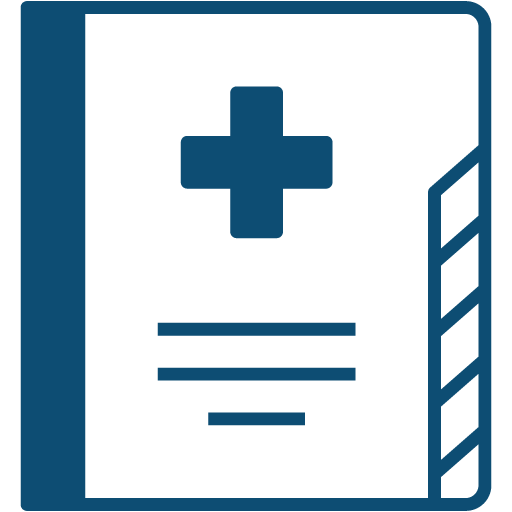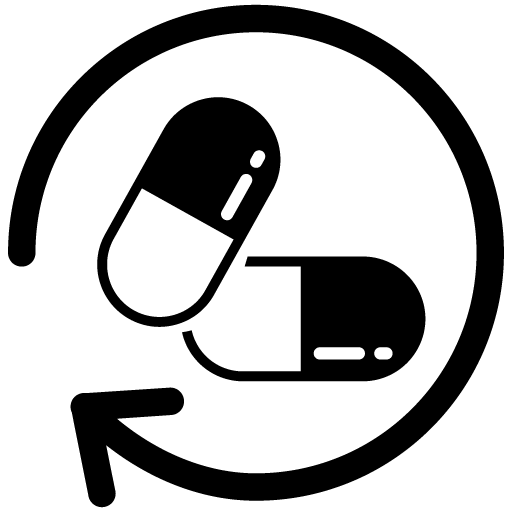Drug Formulary Categories and Charges
The Hospital Authority (“HA”) has implemented the Drug Formulary (“the Formulary”) since 2005 with a view to ensuring equitable access by patients to cost-effective drugs of proven safety and efficacy through standardisation of policies on drugs and drug utilisation. At present, there are four categories of drugs in the HA Drug Formulary:
General Drugs
These are drugs with well-established indications and cost-effectiveness which are available for general use as indicated by patients with relevant clinical conditions and provided at standard fees and charges in public hospitals and clinics. Except for non-entitled persons and private patients, all public hospitals and clinics would provide General drugs on the HA Drug Formulary to patients at standard fees and charges.
Special Drugs
These are drugs used under specific clinical conditions with specific specialist authorisation. Special drugs are provided at standard fees and charges in public hospitals and clinics when prescribed under specific clinical conditions. Patients who do not meet the specified clinical conditions but choose to use Special drugs are required to pay for the drugs.
Self-financed Items (SFIs) with Safety Net
These are drugs which are proven to be of significant clinical benefits but are too expensive for HA to include in its standard services. These drugs are not covered by the standard fees and charges in public hospitals and clinics. Patients who require these drugs and can afford the costs have to purchase the drugs at their own expense. A safety net is available through relevant funds to subsidise the drug expenses of patients facing financial difficulties.
SFIs without Safety Net
This category includes drugs with preliminary medical evidence only, drugs with marginal benefits over available alternatives but at significant higher costs, and lifestyle drugs (e.g. anti-obesity drugs). These drugs are not provided as part of HA’s standard services nor covered by the standard fees and charges in public hospitals and clinics. Patients who choose to use these drugs must purchase them at their own expense.
As a publicly-funded healthcare provider, HA does not supply drugs as a retailer. Patients should in general purchase self-financed drugs from any of the registered community pharmacies in Hong Kong. However, three categories of self-financed drugs are available for purchase by patients at HA pharmacy departments, including (1) drugs covered by the safety net, (2) very specialised drugs not readily available at community pharmacies and (3) drugs for meeting operational needs (for example: injections). The list of self-financed drugs available for purchase by patients at HA pharmacy departments is accessible at the HA internet website and updated from time to time for public reference. Prescribed self-financed drugs are charged at cost plus an administrative charge per drug item dispensed (please click here), irrespective of public and private patients.


 Drug Formulary Categories and Charges
Drug Formulary Categories and Charges Search HA Drug Formulary
Search HA Drug Formulary Self-financed Drugs Available for Purchase by Patients at HA Pharmacy
Self-financed Drugs Available for Purchase by Patients at HA Pharmacy How we evaluate new drugs
How we evaluate new drugs Governance
Governance